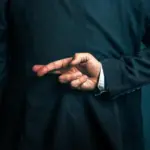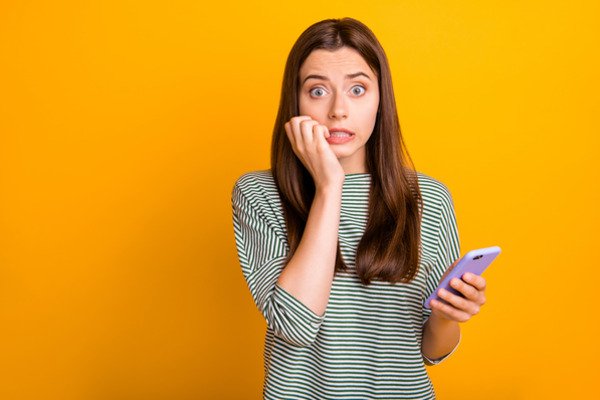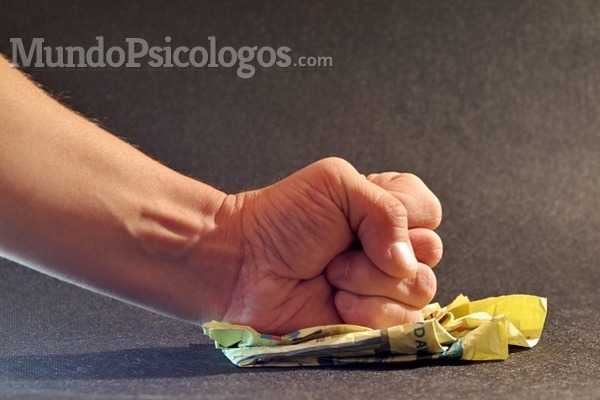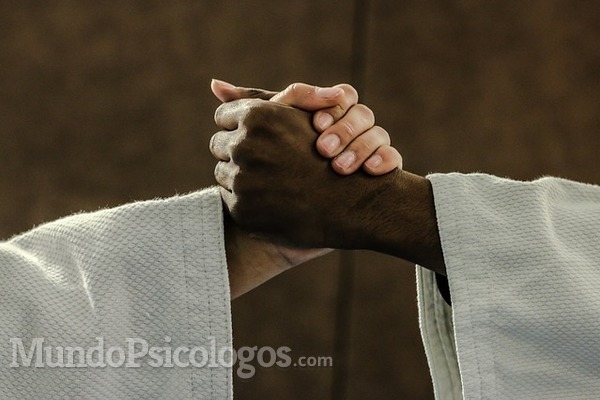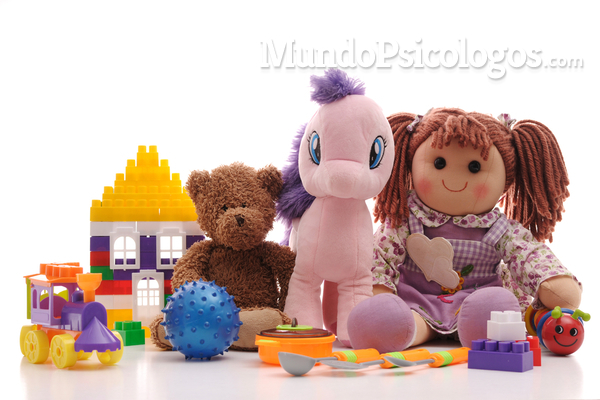What is impulse buying? And the compulsive one? What is the difference between them? Today I explain to you through this post the differences between both types of purchases and whether or not it is something pathological.

We live in one consumer society in itself and we generally tend to buy more things than we need without realizing it. I’ll give you an example: the other day a patient told me that his son had bought a new laptop when the previous one was only two years old and he had spent about a thousand euros to purchase the product. When my patient asked him why he had made such a purchase, his son told him that it was a bargain, that he had saved €400 because he had seen it in other stores that amount more expensive.
This is an example of how we get carried away by marketing manipulation. The boy did not consider whether the computer was necessary or not, he simply saw that it was cheaper and bought it, thinking that he had saved money when in reality he had spent a significant amount that he was also unable to pay due to his financial situation.
However, at some point we all end up buying something impulsive this means, letting ourselves be carried away by impulse, by emotion, without thinking too much. I’ll give you an example that may be familiar to you: You leave work and stop by the supermarket to buy some dinner. Your intention is just to buy some vegetables and some yogurts but when you are in line to pay, you realize that you are carrying a lot of unnecessary things (some muffins, a bag of chips, a bar of chocolate…) You also know that they are not going well for you because you are trying to eat healthy but you are hungry and you are going to snack before dinner time. Once you have eaten everything you were carrying, you feel bad for not having had willpower and not having eaten yogurt to kill your hunger before dinner. Probably if you had gone shopping without being hungry, you would not have purchased all those products, but the time of day when we go to the supermarket can cause that more impulsive purchase.
And then, What is compulsive buying and how is it different from impulsive buying?
As you may have already seen from the examples I have given above, a impulsive act is one that entails a unstoppable trend where deliberate and conscious thoughts do not appear. Almost without thinking you see yourself buying something that you may later regret. There is no prior planning for purchasing the product, but when you buy it, you activate the reward mechanisms in your brain that give you pleasure.
Now, the compulsive consumption Although it seems the same as impulsive, it is not at all. In the compulsive act, reflection occurs and in excess. It produces a internal struggle between buying and not buying something. The person knows that he should not make that purchase but there is something that leads him to go against his ideas. He may even think that it is absurd want to buy that (for example a wall clock when you already have one for each room), but you cannot avoid doing so because the purchase in this case serves as a compulsion, that is, as a way to release discomfort caused by the obsessive idea. The acquisition of something would be similar to the act of washing one’s hands in a person obsessed with hand hygiene and not contaminating oneself. In the case of compulsive buying, there is something that activates the person’s discomfort, and buying can help release positive sensations that in a few seconds become regret and guilt.
In impulsive buying the act occurs at the moment in the store and almost without thinking, while in compulsive buying the person may already be thinking about it at home or at work, struggle not to do it (a mental struggle occurs) but end up succumbing.
Impulsive buying is not considered a pathological act but compulsive buying is considered as such, since it generally involves the release of discomfort due to another situation, whether in the environment or oneself, that is, the purchase occurs as a patch to not think about other problems that the person has.
I give an example: You are walking down the street and you see a shirt that you like in a window, you go in and buy it without thinking too much. In that case you are performing an impulsive act. Now, if what happens is that you are thinking about how bad your current situation is and how stagnant you are in life, you suddenly think that the solution to your problems lies in going shopping, but then you think that no, that It is absurd, that your life will continue the same with more clothes but you can’t stop thinking about buying, you end up entering a store and you end up buying until you relax, you are doing a compulsive act. Compulsive buying, then, serves as a way to confront vital dissatisfactions.
Therefore, the impulsive act does not have to occur systematically and does not entail as much discomfort as the compulsive act that can cause serious problems economic to the person and even professional help may be necessary.
If you feel identified with compulsive buying, it may be time to confront it and ask a psychologist for help Solving this problem without help is usually very difficult to handle, but a specialized psychologist can help you solve this problem.
Encarni Muñoz Silva
Health psychologist, member number 16918

